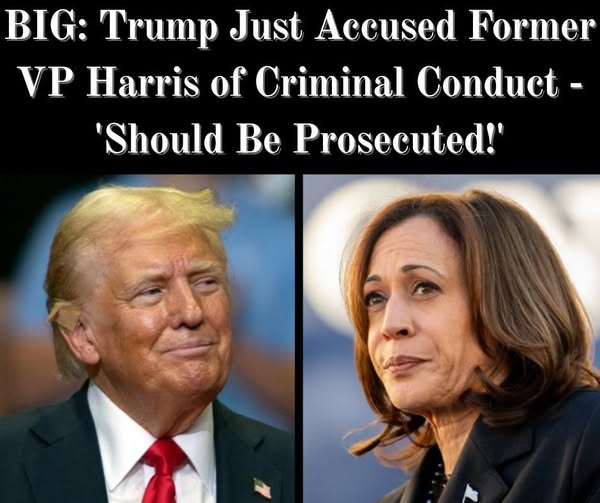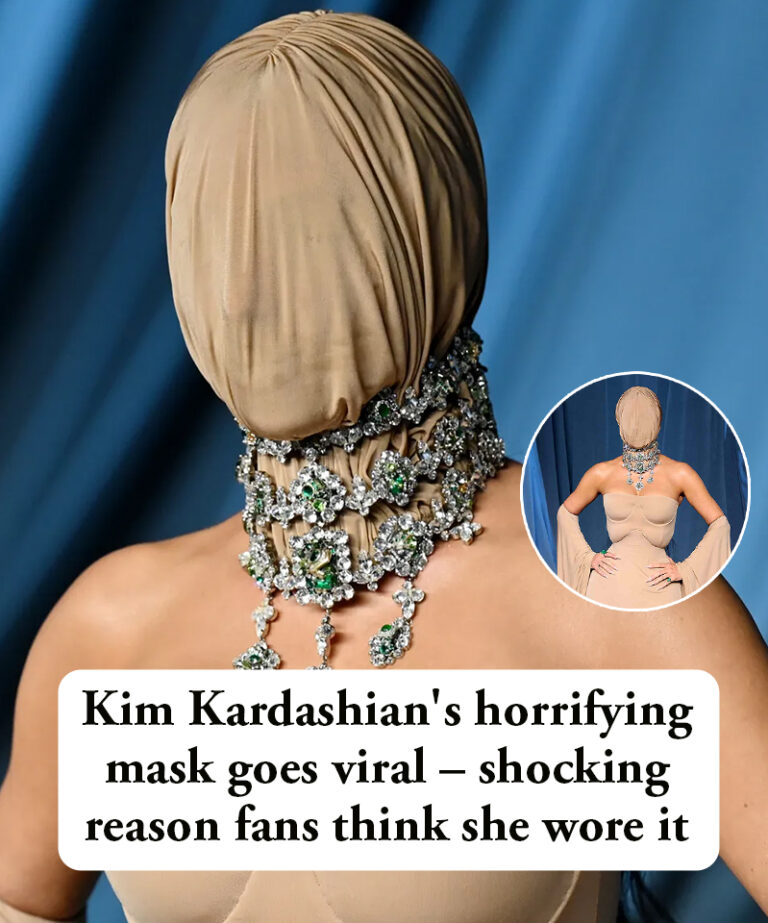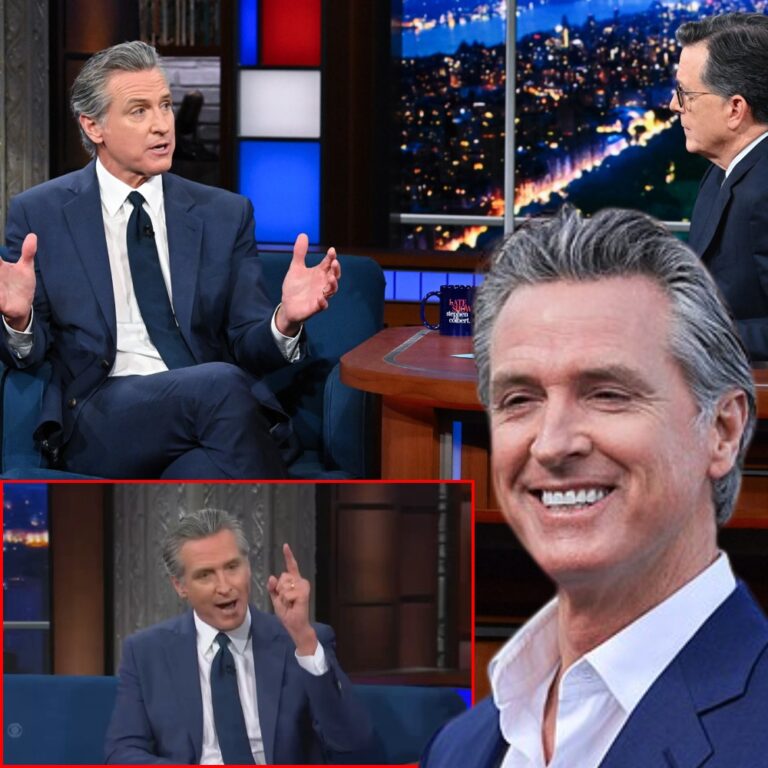
Former President Donald Trump has stirred controversy once again with claims that former Vice President Kamala Harris may have broken campaign finance laws during her 2024 presidential run. In a recent post on Truth Social, Trump raised questions about what he described as “suspicious financial maneuvers” by Harris and her affiliated Democratic organizations.
Trump pointed out the significant amount of debt accumulated by the Harris campaign despite its short duration. He emphasized the discrepancy between the massive fundraising totals—over $1 billion in less than three months—and the tens of millions of dollars in outstanding debt reported after the campaign ended. According to Trump, this raised serious questions about where the money actually went.
One particular incident Trump referenced was a scheduled rally in Houston, where global superstar Beyoncé was expected to perform but never took the stage. He alleged that the Harris campaign paid the singer $11 million for an endorsement, not a performance, and that the audience left disappointed when she failed to appear. Trump described the strategy of using celebrities at rallies as a way to “manufacture excitement” and claimed that such tactics misled the public.
In addition to Beyoncé, Trump accused the campaign of making questionable payments to other high-profile figures, including Reverend Al Sharpton and media mogul Oprah Winfrey. He criticized what he termed “outrageous appearance fees” for individuals who allegedly did nothing in return. He claimed these payments were misrepresented in financial disclosures and labeled them as “illegal endorsements.”
“Paying for endorsements is not just unethical—it’s illegal,” Trump declared. “If politicians start cutting checks for support, where does it end? The entire democratic process would unravel.”
In his Truth Social post, Trump wrote in all caps: “KAMALA, ALONG WITH ALL THOSE WHO RECEIVED ENDORSEMENT FUNDS, VIOLATED THE LAW. THEY SHOULD FACE LEGAL ACTION!”
Trump’s allegations come in the wake of Harris’s historic but brief campaign, which began on July 21, 2024, after President Joe Biden exited the race. Her campaign quickly mobilized and shattered fundraising records, bringing in $310 million in July, $361 million in August, and $378 million in September. An additional $81 million was raised within the first 24 hours of Biden’s departure.
Despite this financial windfall, the campaign’s spending came under intense scrutiny. Questions remain about the transparency and legality of the campaign’s financial decisions, especially with the high-profile nature of those involved.
At the time of writing, neither Kamala Harris nor her campaign team has responded publicly to Trump’s accusations. However, the allegations are expected to amplify ongoing debates about the role of celebrity endorsements, campaign finance ethics, and transparency in American politics.
Whether Trump’s claims will lead to official investigations or remain a rhetorical tactic in his political strategy remains to be seen. But one thing is certain: the controversy has reignited conversations around how money flows through presidential campaigns—and whether current laws are sufficient to keep them accountable.



